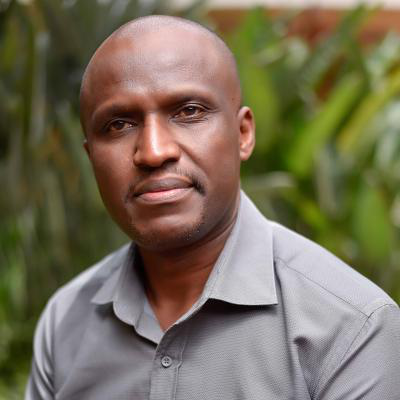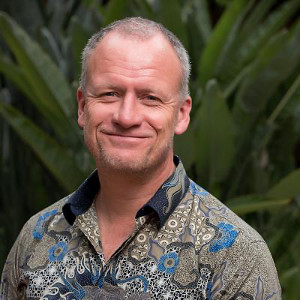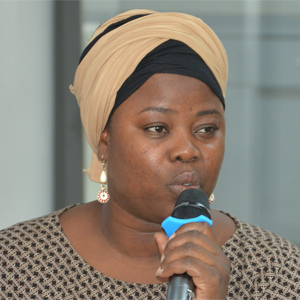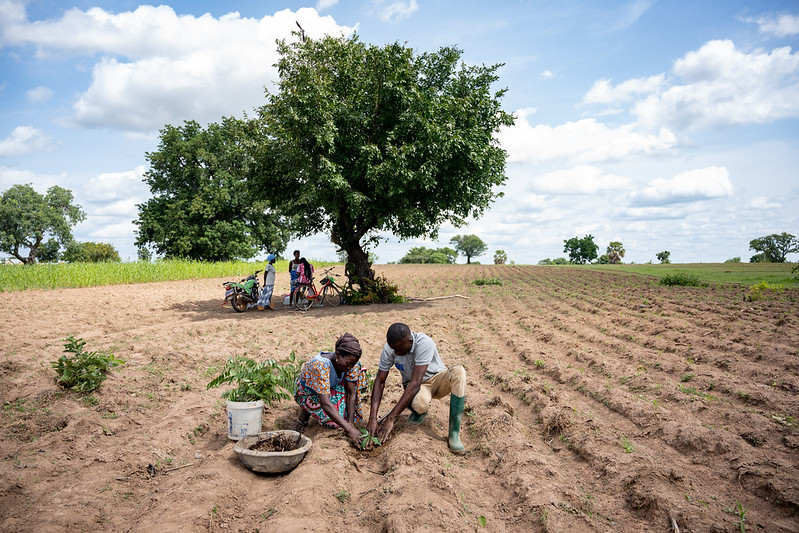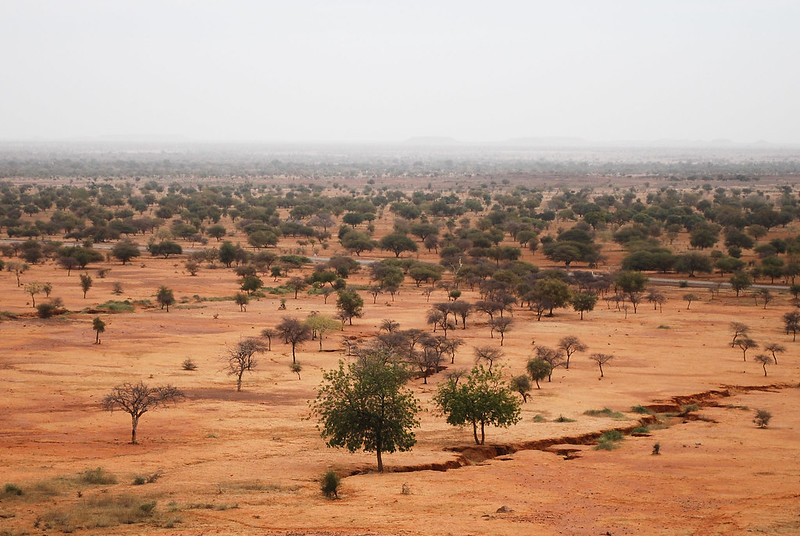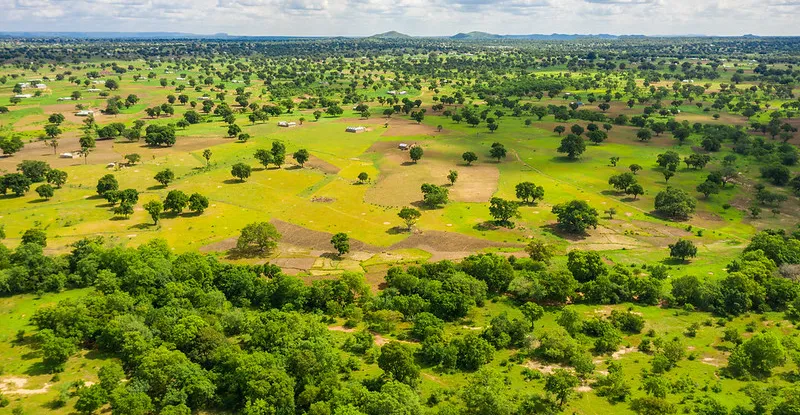Description
The Great Green Wall (GGW) is a lighthouse African-led initiative to re-green the Sahel and the Horn of Africa from Senegal to Djibouti. The GGW has transformed into a comprehensive rural development and sustainable land management initiative, aiming to transform the lives of populations within its area by supporting a mosaic of green and productive landscapes. It leverages a diversity of projects, with the potential to contribute to several EU and African objectives: food security, sustainable agri-food systems, water, addressing desertification, climate change, biodiversity loss, sustainable energy, decent job creation, and, more broadly, resilience, stability and sustainable and inclusive development. The EU has pledged more than EUR 700M/year to support the GGW, primarily through its country programmes. These are to be complemented and supported by a soft regional Action, described hereunder.
CIFOR-ICRAF implements the ‘Knowledge for Great Green Wall Action (K4GGWA)’, the present regional project, as part of the GGW initiative. The project seeks to enable sustainable land management and livelihoods in support of the Great Green Wall initiative and to accelerate progress towards its objectives. The project focuses primarily on the eleven countries that are members of the Pan-African Agency of the Great Green Wall (PAGGW): Mauritania, Senegal, Mali, Burkina Faso, Niger, Nigeria, Chad, Sudan, Ethiopia, Eritrea, and Djibouti. Where possible and appropriate the project also offers support to an additional set of seven countries implementing GGW-related activities with EU support: Cameroon, Ghana, Benin, Cape Verde, The Gambia, South Sudan and Somalia. The project works with a range of relevant regional stakeholders, including the Commission of the African Union, the Pan-African Agency of the Great Green Wall, national and sub-national governments, non-governmental and civil society organisations (incl. women’s organisations), the private sector and EU Delegations. ‘K4GGWA’ is divided into two components working in parallel: the CIFOR-ICRAF Component and a FAO Component. Despite being contracted individually, both components are working closely together to enable success of ‘K4GGWA’ and the GGW at large.



















